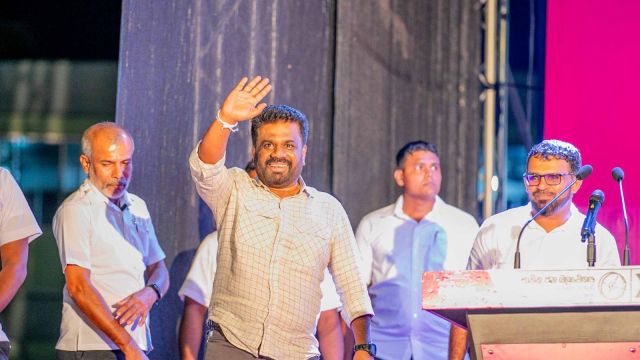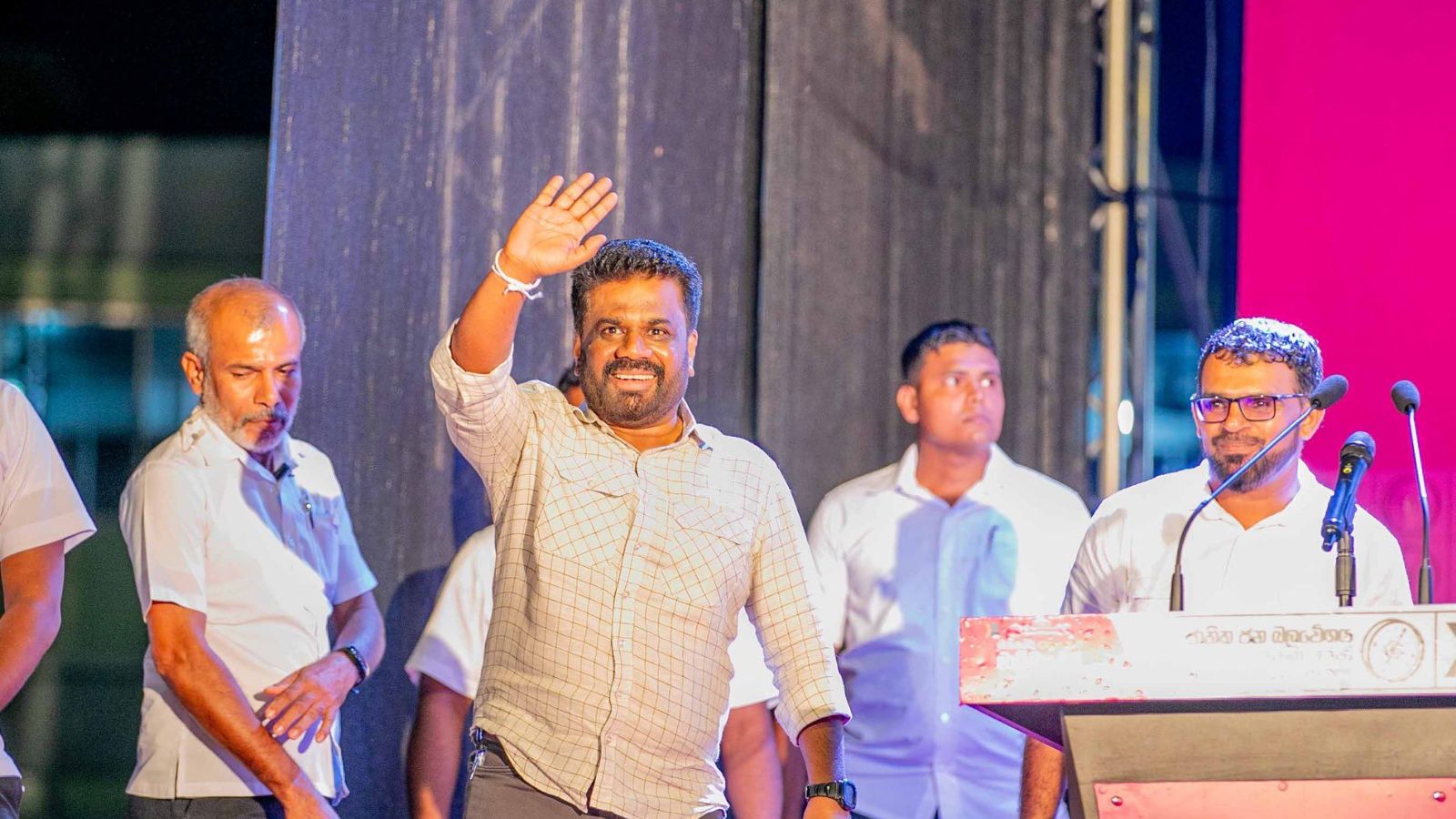
Nov 18, 2024 13:17 IST First published on: Nov 18, 2024 at 15:16 IST
Written by Bhavani Fonseka
November’s parliamentary election saw a historic victory for Sri Lanka’s President Anura Kumara Dissanayake and his National People’s Power (NPP), which clinched 159 seats in the legislature and secured a two-thirds majority in parliament. This massive mandate is premised on a demand for a change in the political culture and governance in Sri Lanka — calls that echoed in the people’s mobilisation, the Aragalaya, in the wake of the economic crisis in 2022. This yearning for change should be seen in the context of the continuing socio-economic uncertainty in Sri Lanka. NPP’s promise of reforms seems to have resonated with the voter.
The election saw several firsts. NPP, a southern party, won the majority of seats in the North and East of the country, an area that has historically voted for Tamil and Muslim candidates. The election also set a new record for preference votes, with Minister Vijitha Herath obtaining 716,715 votes in the Gampaha District followed by Prime Minister Harini Amarasuriya with 655,289 votes. In another first, 21 women have been elected members of parliament (MPs), a number that is likely to increase when parties finalise their national list seats. Two women MPs are Malaiyaga Tamils, a marginalised and under-represented community. Such historic developments are in stark contrast to the previous parliament, in which the NPP had only three seats.
The election also resulted in a weakened Opposition, with the main opposition party the Samagi Jana Balawegaya (SJB) getting 40 seats, 14 less than its 2020 tally. The Sri Lanka Podujana Peramuna (SLPP) was a bigger loser — with three seats, more than 140 less than what it secured in 2020. The electoral strength of minority parties also saw a decline, with the NPP gaining ground in areas previously dominated by Tamil and Muslim political parties.
NPP’s massive victory can be attributed to multiple factors. The promise of a change resonated with a public that has lost trust in the political elites who ruled the country for decades. President Dissanayake attracted large crowds at public rallies. NPP candidates did not carry the baggage of political scandals or allegations of corruption. The candidates and the party built strong links with the voter.
The fact that the parliamentary elections saw all sections of the electorate voting in support of the NPP shows that the desire for change and the rejection of political elites and the political culture they represent was unanimous. Several veteran politicians who face allegations of corruption and violence either stayed away from the polls or were defeated. The new faces bring new energy and ideas — a clear break from the old political culture of patronage, cronyism and nepotism.
The cycles of violence over the decades in Sri Lanka have heightened ethno-nationalism, militarisation and impunity. Post-war Sri Lanka saw several leaders elected to the powerful office of executive president entrenching authoritarianism, corruption and cronyism. The last decade alone has seen key moments — the 2018 constitutional coup, the 2019 Easter Sunday attack, the 2022 economic crisis — that exposed the fragility of our democracy. The economic crisis exacerbated structural inequalities and contributed to the Aragalaya that ultimately ousted former President Gotabaya Rajapakse. His replacement, former President Ranil Wickremesinghe’s attempts to stabilise the economy and address the debt crisis culminated in an agreement with the International Monetary Fund (IMF). Subsequent reforms resulted in austerity measures that disproportionately affected the poor and the middle class, intensifying the societal polarisation and frustration with the government. The NPP connected with the grievances of the people with a promise of a pro-poor government and a change in the political culture.
most read
The massive mandate is an opportunity for the Dissanayake government to push through changes, including the abolition of the executive presidency and electoral and governance reforms. It must deliver economic relief, release political prisoners and fix accountability for corruption and violence.
Sri Lanka’s recent past has seen similar moments, but several opportunities have been lost. Will the mandate to the NPP usher in the necessary structural and economic reforms and address the divisions and inequalities in a deeply divided country? The public statements by President Dissanayake and several NPP candidates demonstrate their awareness of the complex challenges. It is to be seen whether President Dissanayake and his party are able to capitalise on this rare moment to transform Sri Lanka for the better.
The writer Senior Researcher and Attorney-at-Law, Centre for Policy Alternatives, Colombo


